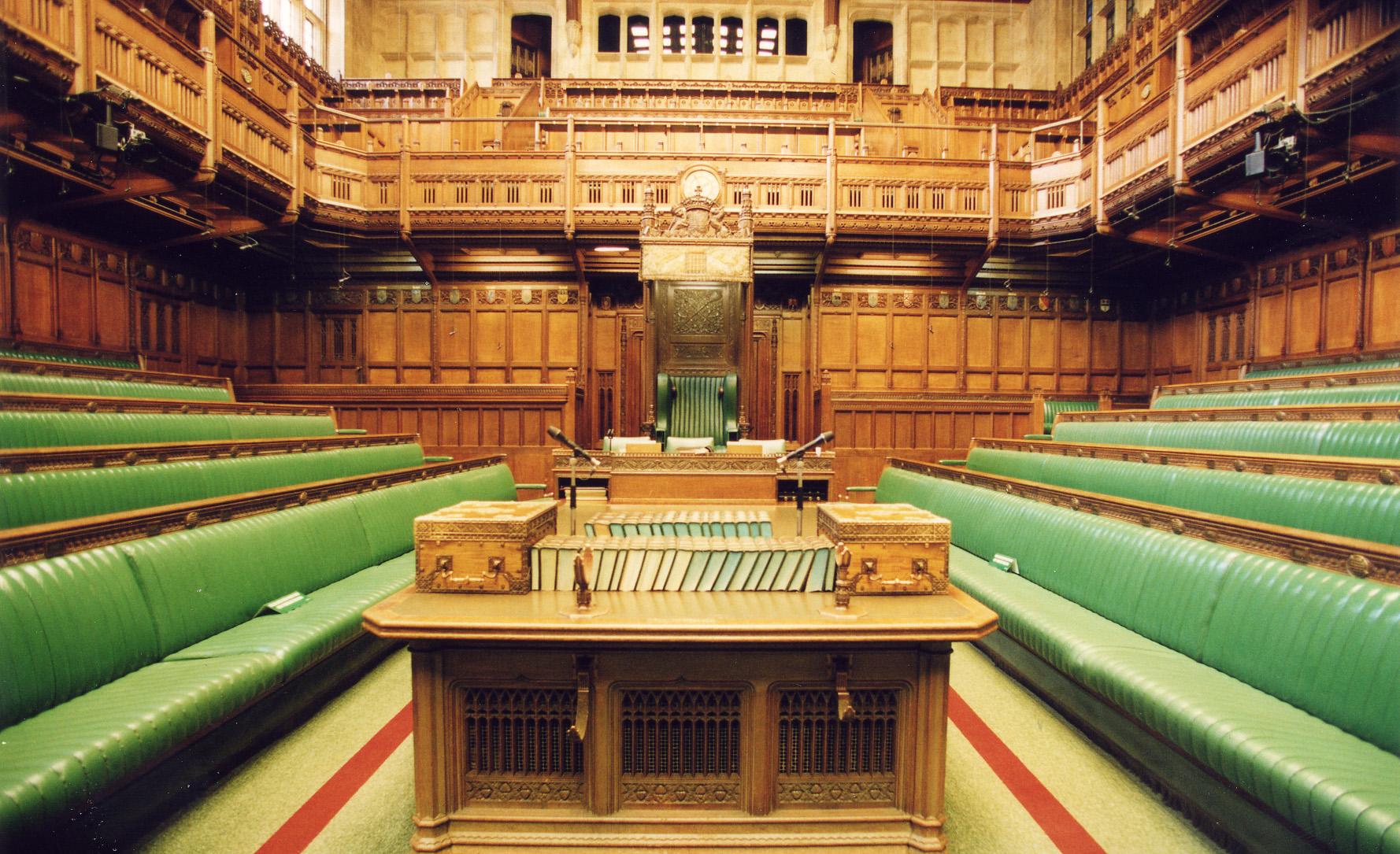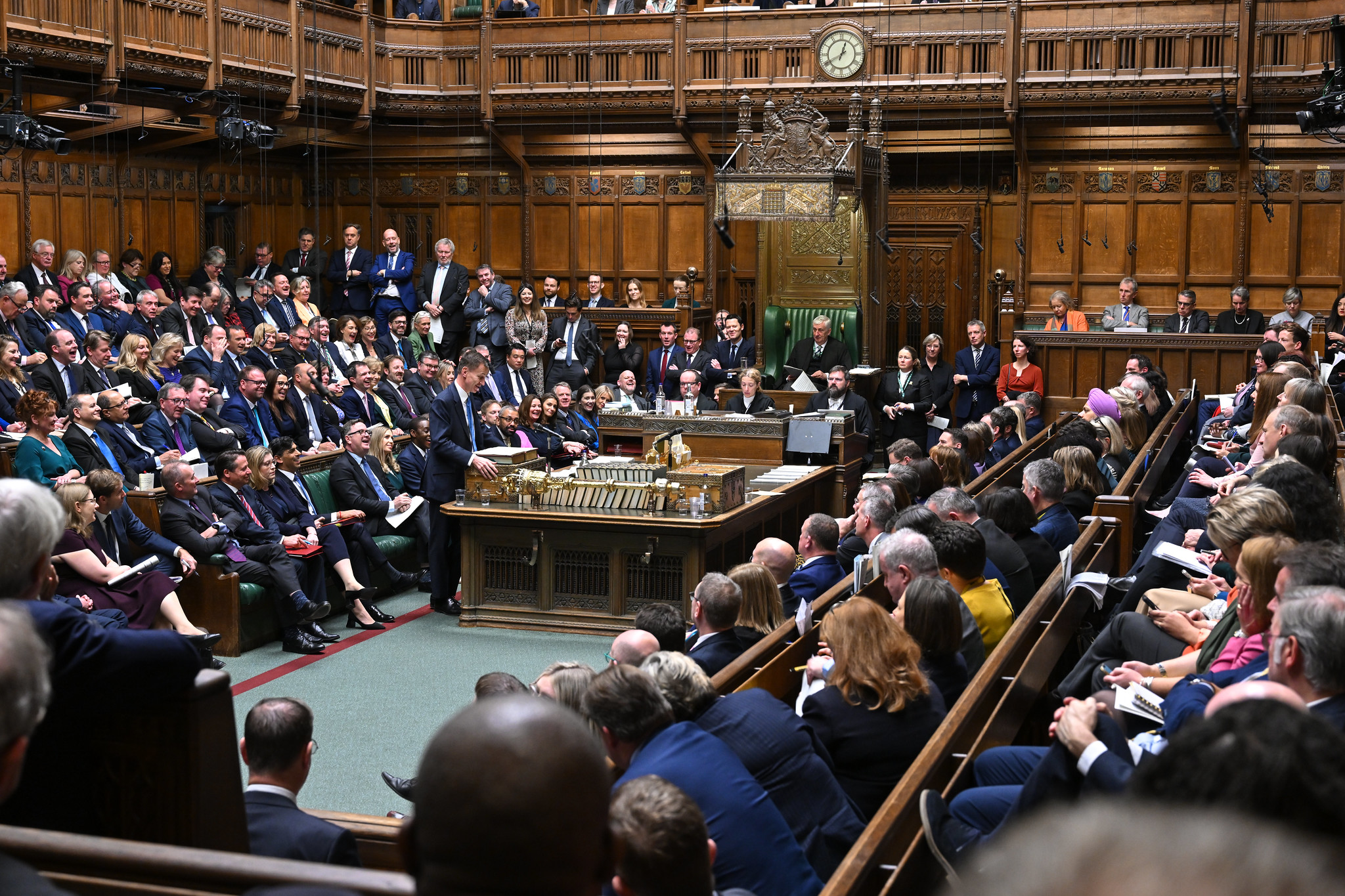 Jo Warner reports on a qualitative study using semi-structured interviews with thirteen MPs. The aim of the research was to find out what characterises their constituency work and to understand why it apparently bears comparison with social work. MPs in the study engaged in face-to-face emotional labour in which they formed empathic relationships with people and places to represent them. They practised judgment under uncertainty, and were embedded in local organisational networks of risk and trust with local authorities and other agencies.
Jo Warner reports on a qualitative study using semi-structured interviews with thirteen MPs. The aim of the research was to find out what characterises their constituency work and to understand why it apparently bears comparison with social work. MPs in the study engaged in face-to-face emotional labour in which they formed empathic relationships with people and places to represent them. They practised judgment under uncertainty, and were embedded in local organisational networks of risk and trust with local authorities and other agencies.
The constituency work of Members of Parliament (MPs) has long been referred to in political circles as a form of social work. The reference is often used disparagingly, to compare the prestige of a ministerial portfolio unfavourably with the lowly labour of the constituency member. But what do politicians mean when they describe aspects of their job as social work, and how might it relate to the task of political representation? The key to understanding the relationship is recognition of the importance of empathy and emotion for political representation, and of the role that MPs play in local networks of risk and trust.
Speaking with thirteen MPs in-depth about their constituency work revealed that they saw representation as hinging on their capacity to empathise. Only by convincing a constituent that their grievance had been heard and understood could an MP be trusted to re-present it. Through casework in the form of correspondence, in their surgeries, on the streets and on the doorstep, MPs routinely encounter constituents who are angry and/or in desperate need of help and support. One MP described his surgery work as, ‘like being punched…one tragic story after another’. This direct exposure to human suffering bears a strong resemblance to social work. Even when their casework was undertaken largely by caseworkers, the MPs were conscious that constituents should still feel an immediate connection to them personally. It was striking that MPs were conscious of the need to be seen to empathise regardless of their true feelings. Like social work, the task of political representation therefore involves distinctive forms of emotional labour. As one MP put it, ‘If you [as an MP] lose the will to empathise…then you’re in the wrong job, and that’s true of a social worker’.
MPs are often the last resort yet expectations of them are high and they are assumed to hold ‘a magic wand’. Constituents call on their MP with a weight of expectation that is rooted in the symbolic power of Parliament and the right to representation that date back centuries. Unlike social workers, MPs receive no formal training and, even if any is offered, there is a culture of learning on the job, particularly by drawing on the knowledge of more experienced colleagues. One MP argued that MPs must operate ‘outside the rule book’ to achieve their objectives in representation. They spoke of using power ‘the bureaucratic way’, with relevant agencies such as the local council, or by ‘going nuclear’ and naming and shaming in the House of Commons. However, they had to exercise judgment to avoid exhausting these powers. For some MPs, their power was a figment, ‘like the Wizard of Oz’, or ‘I just have headed notepaper’. Like social workers, the use of power by MPs is therefore complex and, as symbolic figures, they are regarded in contradictory terms, both as omnipotent and impotent.
The MPs also had strong empathic ties to their constituency as a place, as a location with meaning. Many of them had an intimate knowledge of local homes, streets, and neighbourhoods. One MP commented, ‘I live here and, you know, live and breathe the constituency so…I know what people are going to be thinking’. Another MP reflected on the collective guilt over the death of a child from abuse in her constituency, asking: ‘Why was I not aware?’ The evidence that MPs who live in their constituency are valued by voters reflects the importance of this visceral sense of connection to places, communities and collective emotion. In this ‘emplaced empathy’, MPs may have something to teach the social work profession. Social work, at least in its statutory form, has become increasingly detached from communities and tends to operate from offices and bureaucratic spaces. This distance has made it more difficult for social workers to connect and empathise with local communities, particularly with people experiencing extreme poverty and deprivation. It is a form of detachment that reinforces a narrow, individualised approach to risk.
The MPs described their position within local multidisciplinary networks of risk and trust that comprised a range of agencies such as social services and the police. They talked about the complexities of relative judgments of risk and balancing rights when making decisions, such as whether to refer their concerns about a constituent to authorities. They were sometimes used as safe conduits for constituents to express anxieties about each other when neighbours or relatives were afraid of reporting concerns directly to services themselves. One MP described his concern that using his influence to make a referral might divert the attention of hard-pressed services away from another child in need. This caution was balanced against an awareness of the possible tragic consequences if he failed to report a concern: ‘Because if you don’t, you could have been the last person to have had an opportunity to be the advocate for that […] child’.
While MPs were part of the multidisciplinary environment, they operated with very few formal protocols or procedures. Instead, they carved out unique and idiosyncratic ways of working with local agencies and authorities, largely through their relationships with senior figures such as directors, chief executives and council leaders. These ways of working had often been shaped over many years and were based to varying degrees on trust or mistrust, and custom and practice. Close, trusting working relationships between MPs and the agencies within their constituencies could facilitate a more nuanced response to serious events when they occurred, particularly when the media demanded a reaction from the MP.
The emotional labour of MPs has been much in evidence during the COVID-19 pandemic. When MPs were inundated with letters and emails urging the sacking of Dominic Cummings, for example, the prominent emotion seemed to be anger. But there were also striking references in the correspondence to the level of suffering that people had endured to comply with lockdown restrictions, such as not seeing vulnerable relatives in care homes for many weeks. The ‘Cummings effect’ was to inject an intense dimension of shame to this collective experience and it was to their MPs that people turned for a response. In their replies, MPs had to negotiate – or dodge – this complex array of emotions amidst the consciousness that it was an issue now haemorrhaging onto the national political stage. Intensely personal and private experiences of guilt and grief had crystallised into powerful collective experience, and MPs – even those most resistant to accepting the role – had become the lightning rod for it.
___________________
Note: the above draws on the author’s published work in the British Journal of Social Work.
 Jo Warner (@JoWarner01) is Reader in Social Work, School of Social Policy, Sociology and Social Research, University of Kent.
Jo Warner (@JoWarner01) is Reader in Social Work, School of Social Policy, Sociology and Social Research, University of Kent.
Featured image credit: UK Parliament/Jessica Taylor on Flickr (CC-BY-NC 2.0).







